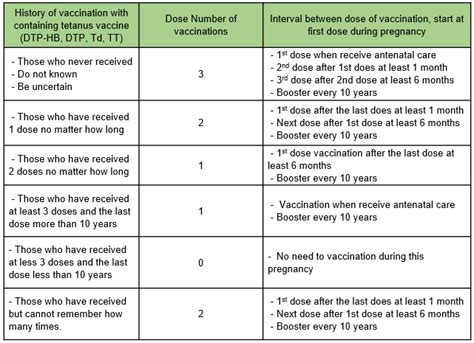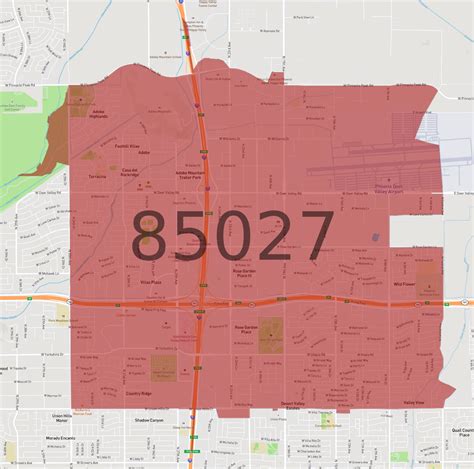What Is Famotidine Used For

Famotidine, commonly known by its brand name Pepcid, is a histamine-2 (H2) blocker that reduces the amount of acid produced by the stomach. It is used to treat various conditions related to excessive stomach acid production, promoting healing and providing relief from symptoms.
Overview of Uses
Treatment of Gastroesophageal Reflux Disease (GERD): GERD is a condition where stomach acid frequently flows back into the tube connecting the mouth and stomach (esophagus). This backwash (acid reflux) can irritate the lining of the esophagus, causing discomfort. Famotidine helps in reducing the amount of acid the stomach produces, thereby alleviating symptoms such as heartburn.
Peptic Ulcer Disease: This condition refers to sores that develop on the inside lining of the stomach and the upper portion of the small intestine. The most common symptoms are burning stomach pain and complications such as bleeding, perforation, or obstruction. By reducing stomach acid, famotidine facilitates the healing of these ulcers.
Zollinger-Ellison Syndrome: This rare disorder is characterized by the development of severe ulcers in the stomach and upper intestine due to excessive acid production. Famotidine is effective in managing the symptoms by significantly decreasing gastric acid secretion.
Heartburn Relief: Famotidine can be used to treat heartburn associated with acid indigestion and sour stomach. It works by decreasing the amount of acid made in the stomach.
Off-Label Uses
While the primary uses of famotidine are well-established, healthcare providers may prescribe it for off-label uses based on their professional judgment. These might include the treatment of:
Stress Ulcers: In critically ill patients, stress can lead to the formation of stomach ulcers. Famotidine may be used to prevent these stress ulcers by suppressing acid production.
Aspiration of Gastric Content: During surgeries or in critically ill patients, there’s a risk of gastric content being aspirated into the lungs, which can cause severe damage. Reducing stomach acid with famotidine can minimize the harm if aspiration occurs.
Important Considerations
Dosage and Administration: The dosage of famotidine varies depending on the condition being treated. It’s crucial to follow the prescription or the instructions on the package carefully.
Side Effects: Though generally safe, famotidine can cause side effects such as headache, dizziness, constipation, and diarrhea. Rare but more serious side effects may include allergic reactions or interactions with other medications.
Interactions: Famotidine can interact with other medications, including atazanavir, dasatinib, and delavirdine, reducing their effectiveness. It’s essential to inform your healthcare provider about all medications you’re currently taking.
Conclusion
Famotidine is a versatile and effective medication for managing conditions related to excessive stomach acid. Its ability to reduce acid production makes it a valuable treatment option for various gastrointestinal issues, offering relief and facilitating healing. However, as with any medication, it should be used under the guidance of a healthcare professional, and any concerns about its use or potential side effects should be addressed promptly.
What is the most common use of famotidine?
+Famotidine is most commonly used to treat conditions like gastroesophageal reflux disease (GERD), peptic ulcer disease, and Zollinger-Ellison syndrome by reducing stomach acid production.
Can famotidine be used for heartburn relief?
+Yes, famotidine can be used to treat heartburn associated with acid indigestion and sour stomach. It works by decreasing the amount of acid made in the stomach, thus providing relief from heartburn symptoms.
What are the potential side effects of famotidine?
+Common side effects include headache, dizziness, constipation, and diarrhea. More serious but rare side effects can include allergic reactions or interactions with other medications, which should be reported to a healthcare provider immediately.
Given its efficacy and safety profile, famotidine remains a valuable option for patients suffering from acid-related gastrointestinal disorders. Always consult a healthcare provider for proper diagnosis and treatment, as they can provide personalized advice and ensure that the treatment plan is tailored to the individual’s specific needs and health status.


